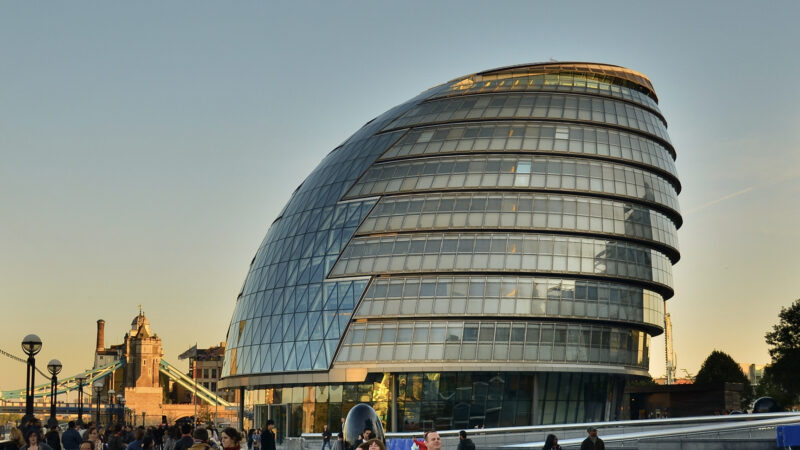
I have walked across Clapham Common frequently. When I moved to London more than 20 years ago, it was the way home from friends’ houses, from the pub, from the bus. But even if the place wasn’t familiar to me, the experiences women have been describing since the awful death of Sarah Everard are very familiar. Because we have all felt the fear and anxiety that comes with simply living your life as a woman, both in public spaces, at work and for many even at home. The vigil became a protest because her death represented so many others, and so many moments of fear, anxiety, violence and aggression that women experience every day, everywhere.
The difference is for me, paying my respects was just the start. I’m a councillor and I knew that this gave me insight and a responsibility not to just rail at the telly and on Twitter. So, after ranting to a couple of friends in a similar situation and fury, myself and dozens of Labour women councillors got together (the magic of WhatsApp and Zoom) to speak up for our communities and insist that the voices of women in the places we represent are part of the conversation that shapes the way London is policed and how the British criminal justice system works.
LabourList published our open letter to the Met and to the government last week, signed by more than 200 women Labour councillors from across the capital. We also secured a visible commitment from the administrations we are part of: more than 14 town halls across London were floodlit in orange – the United Nations colour of the campaign against violence against women and girls.
With the photos of those lovely, and not so lovely, municipal buildings posted all over social media our hashtag #EndVAWGLondon was trending on Wednesday evening. Haringey topped it off by getting Ally Pally lit up in orange, while at full council in Tower Hamlets councillors passed a motion that reflected our asks, as many others are likely to do in the coming months and weeks. The places where democracy lives in our communities sent a message of solidarity to the women we represent. It felt right that news that one of our asks, that misogyny be considered a hate crime, came through just as we were lighting up those buildings. Years of work by many women brought to fruition, just as we keep pushing – righty – for more.
We turned our frustration into something. The fact that we couldn’t hold vigils with the cooperation of the police, the fact that yet again women’s voices are being silenced, the fact that yet again we found (some of) our male colleagues warning us against making a noise rather than stepping back and listening to what we had to say, the fact that many other women’s deaths like Bibaa Henry and Nicole Smallman are overlooked, the fact that the government was introducing more protections for statues than for women, all of these circumstances drove our anger.
Harriet Harman said in the 1970s that because very few women were elected, they had little formal power. That has now changed. Harman said in a recent debate: “Now there are women in government, in the Home Office and in the Cabinet. There are women in all parties in parliament. We are in the corridors of power, so we must use our power to deliver for women.” There are also hundreds of – never enough in my view – Labour women councillors in London and thousands across the country, who make decisions every day that help and support women facing actual and threatened violence, assault harassment and abuse.
When we speak up on behalf of our communities others with decision-making powers can, should and must listen. That means the Met, national government, City Hall and the Labour Party when shaping national party policy on policing, criminal justice equality law and so much else. And yes, our fellow male Labour councillors too. We bring our own experience and we bring the experience of our communities. They need to be heard. There is clearly a direct line between the Black Lives Matter movement and the movement of women outraged at the way the police have handled not just this moment but so many others involving women.
One of the first campaigns I ever got involved with as an adult was around women’s rights. I wish more had changed since the mid 1980s. But the thing that has – more elected women with experience, know-how and decision-making power – should enable so much more good to happen. So I, and hundreds more like me, will be spending a lot of time telling those who say they care: listen to us, to our communities and help us make the changes we need. Pay attention. This isn’t a moment. It’s a movement.




More from LabourList
LabourList readers reveal their highs and lows of Labour’s first year
Left candidate loses council leadership race after national party ordered re-run
Richard Burgon: ‘Labour MPs must reject massive cut still in disability bill’